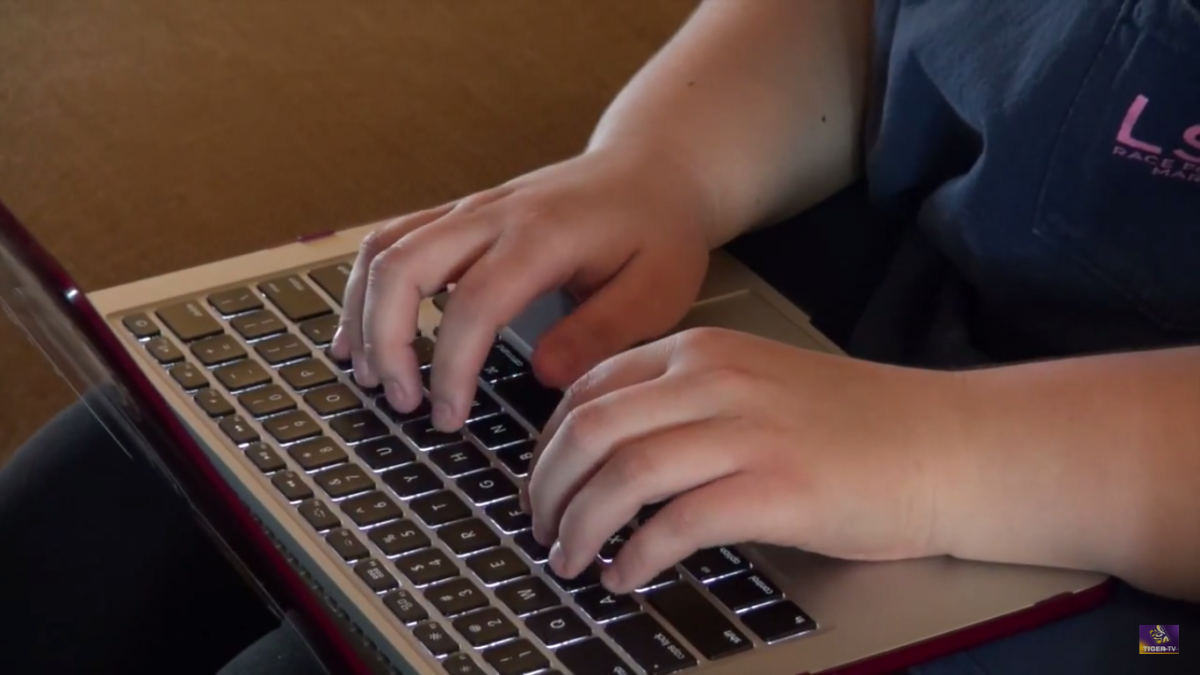Technology in the classroom can be extremely helpful to students when taking notes, but its distracting qualities can also become a hindrance to the learning process.
Meredith Veldman is an associate professor in the history department, and after a serious concern was brought to her attention, she took on the “no laptop” policy.
“I first became aware of the problem when a student came up to me and said that the guy next to her consistently was watching porn in class,” Veldman explained. “I mean that’s all kinds of issues, right?”
Feldman then took it upon herself to begin researching the issue.
“All the research shows across the board, if you are paying attention and taking notes on a laptop, what you are doing is just typing what the professor says,” said Veldman. “People who take notes by writing are learning…the physical action is actually ingraining it in your head.”
Many students like psychology junior Tajai McCollum have found that in certain classes it has been more beneficial for her own learning process to take handwritten notes.
“I think in our world we do rely solely on computers, technology. When something messes up, we don’t know what to do,” said McCollum.
In a world constantly moving deeper into technology, some students are beginning to wonder whether or not this lack of technology in certain classrooms is a step backwards.
“It’s the 21st century, and that’s just such a quick and easy way to take your notes and have it saved,” Kinesiology Sophomore Madison Hopper remarked. “You can email it to someone who was sick, instead of copying it.”
Whether allowing students to use technology in the classroom is helpful or a distraction has been up for debate since its implementation in colleges.
Due to the pros and cons that have come from the studies performed on this topic, professors are choosing to do what they think is best for the students in their particular class.






